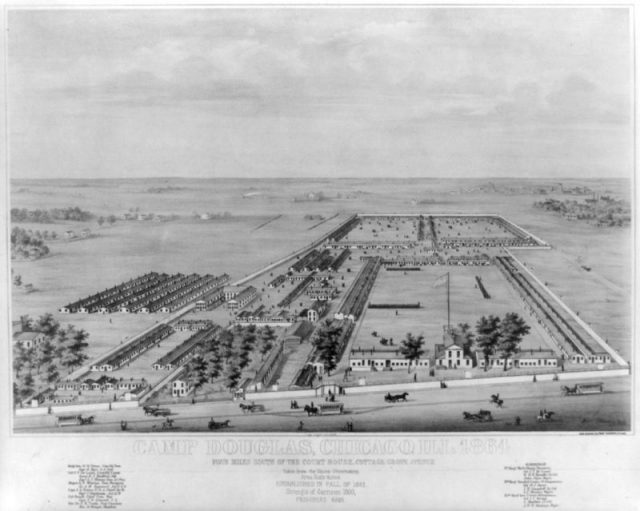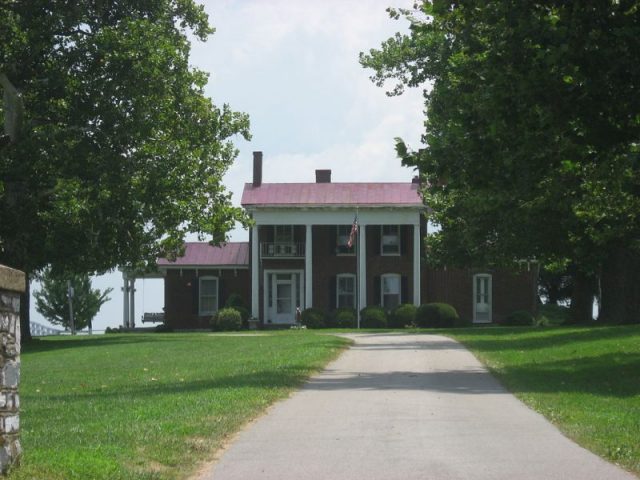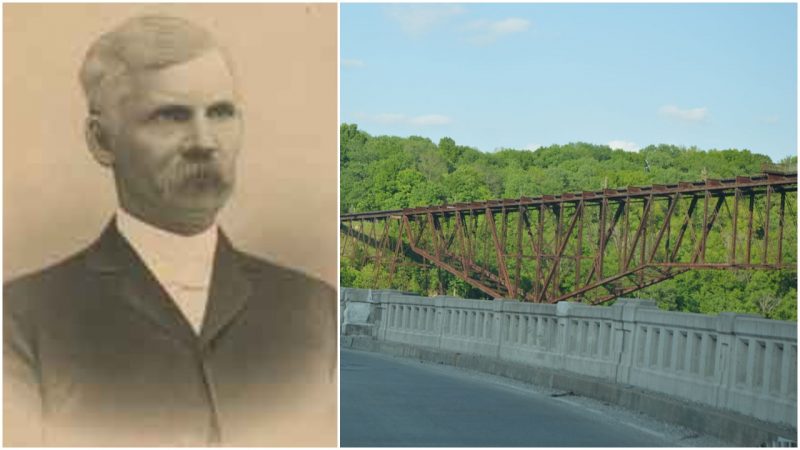One of the most unusual figures in the Civil War Confederacy was a Kentuckian by the name of Bennett Henderson Young.
The twists and turns of his early life include guerrilla warfare, bank robbery, and banishment from the country after trying to bring Canada into the war. His later life includes a return to the United States to become a respected citizen, philanthropist, statesman, and author.
And although he fought for the South’s “Lost Cause,” after the war, Young generously funded an orphanage for black children.
As a soldier, Young went after Union forces with a vengeance. In fact, it might have been in vengeance for his war-camp imprisonment. As a private with the Rebel’s 8th Kentucky Cavalry, Young was captured in General John Hunt Morgan’s 1863 raid through Indiana and Ohio. He was sent to the Union’s Camp Douglas near Chicago, a place so dismal that the death tolled numbered in the thousands and was known as “80 Acres of Hell.”

After one failed escape attempt, he was sentenced to 30 days in an underground dungeon. A second escape attempt was successful and he fled to Canada. There he helped orchestrate one of the Civil War’s most unusual interactions: St. Albans Raid. Young and a handful of other Confederates who had escaped to Canada posed as tourists and sportsmen in St. Albans, Vermont, enjoying the town’s hospitality.
Things changed quickly when Young, who had been seen reading a Bible around town so often that some mistook him for a minister, announced: “Gentlemen, I am a Confederate officer; my men have come to take your town. Anyone who resists will be shot.”

Then the group of around 20 soldiers launched an attack that included the robbery of several banks to the tune of $200,000 and attempted arson of town buildings. The surprise attack, instead of bringing hoped-for sympathy from Canada, raised anti-Confederate sympathies.
Eventually, Young was arrested in Canada, and after the war, he was specifically excluded from President Andrew Johnson’s amnesty proclamation forgiving most Confederate fighters. Spurred by his legal troubles in Canada, he went to Great Britain to study law and literature and was allowed to return to the States in 1868.
Ghost Towns
He set up a law practice in Louisville, Kentucky, where he became one of the city’s most prominent lawyers and prospered in other ways. He went into the railroad business and became president of the Louisville Southern Railroad. Under his leadership, two notable railroad bridges were built. One over the Ohio River in Louisville was the largest of its kind at that time. The other, “Young’s High Bridge” over the Kentucky River, is still considered an engineering marvel, although the last train crossed it in November 1985.

While a thriving businessman, he also loved to garden and found time to put his literature studies to good use. He collected prehistoric Native American artifacts and followed his interest to write The Prehistoric Men of Kentucky. His best-known work is still in publication today: Confederate Wizards of the Saddle, his observations of riding with General Morgan. He was active in the library in Louisville, pouring much of his own money into it.
In 1911, Young revisited Montreal, Canada, where he was well received this time. A group from St. Albans even traveled across the border to see him at his room at the Ritz-Carlton. At this point, Young had become something of a celebrity in the town. He cordially greeted them in uniform and plied them with gifts of good Kentucky bourbon.

Young remained active throughout his life. In the fall of 1918, while he and his wife were in Florida for the winter, Young, then 76, felt the end was near. “I want to die in the Bluegrass State,” he said and went home.
In February 1919, the devout Christian spoke his last words. “I am ready,” he said. “I am ready to cross the border and be with Him I love so well.”
Terri Likens‘ byline has appeared in newspapers around the world through The Associated Press. She has also done work for ABCNews, the BBC, and magazines that include High Country News, American Profile, and Plateau Journal. She lives just east of Nashville, Tenn.
